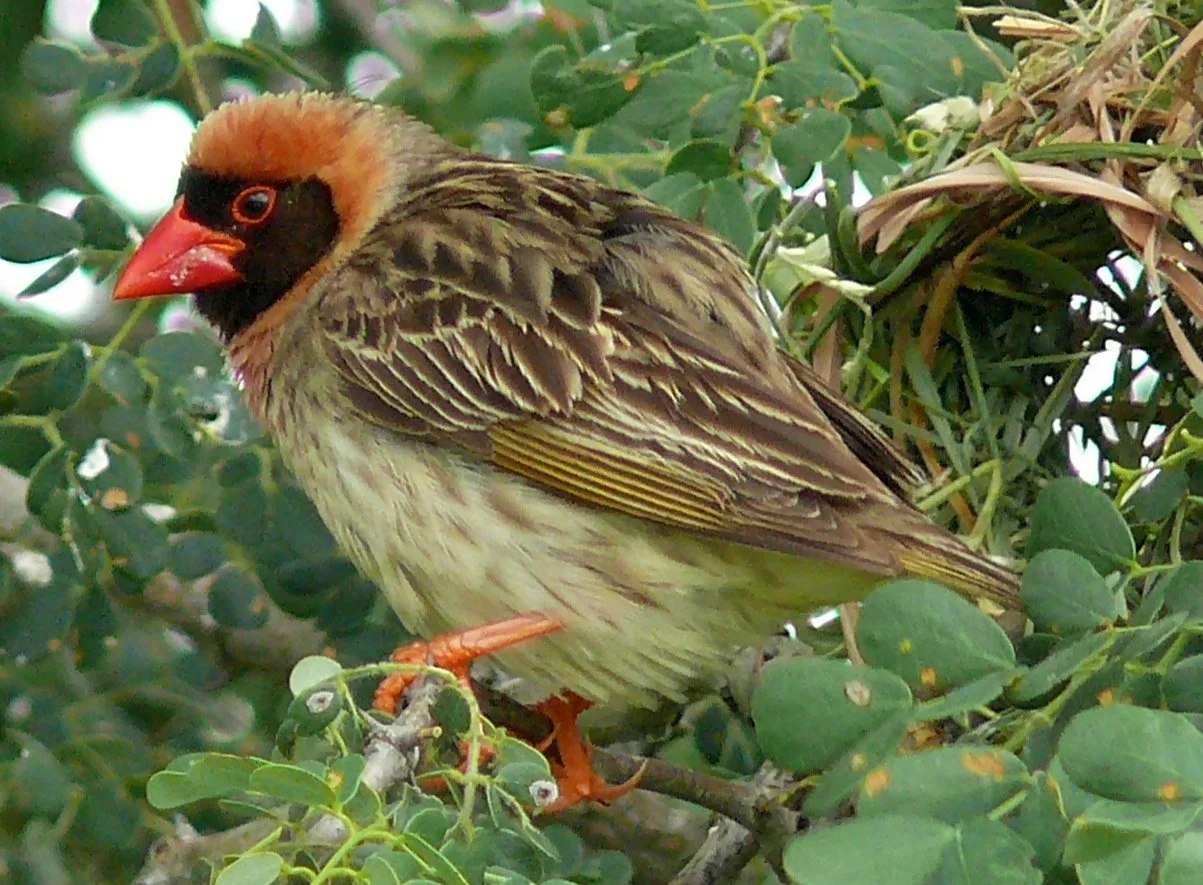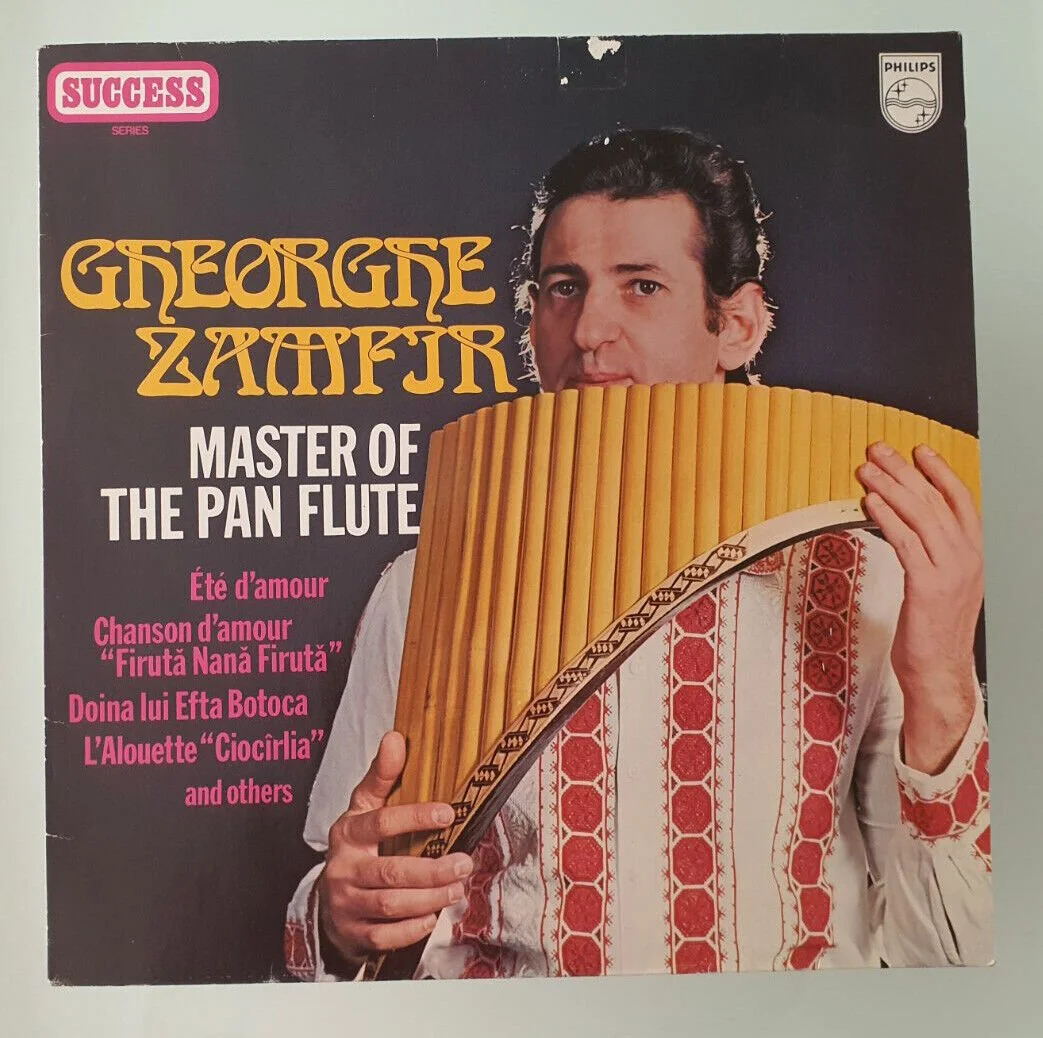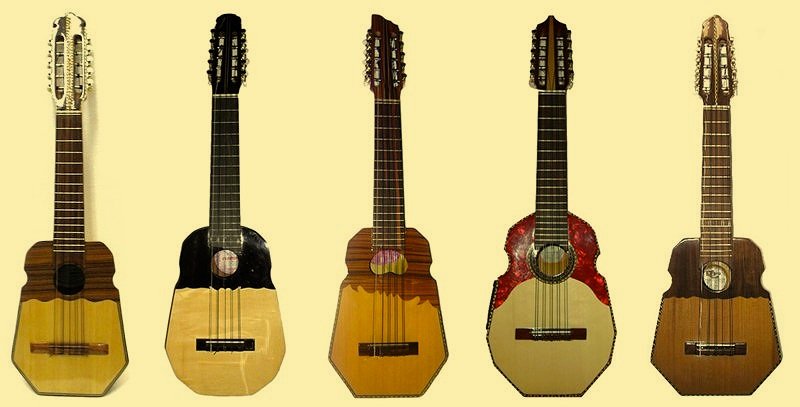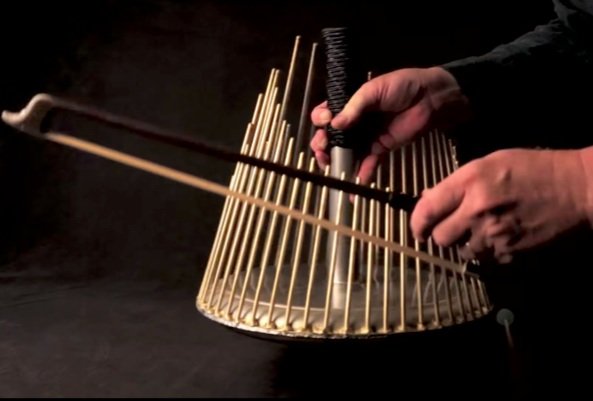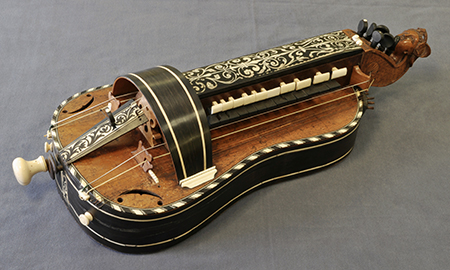Word of the week: It’s the name of the genus of small African passerine birds, part of the weaver family Ploceidae, small, sparrow- or finch-like, they are highly gregarious, nomadic, chattering birds, with bills adapted to eating seeds, and the red-billed quelea is said to be the most numerous bird species in the world
Read moreWord of the week: quelea
Red-billed quelea

